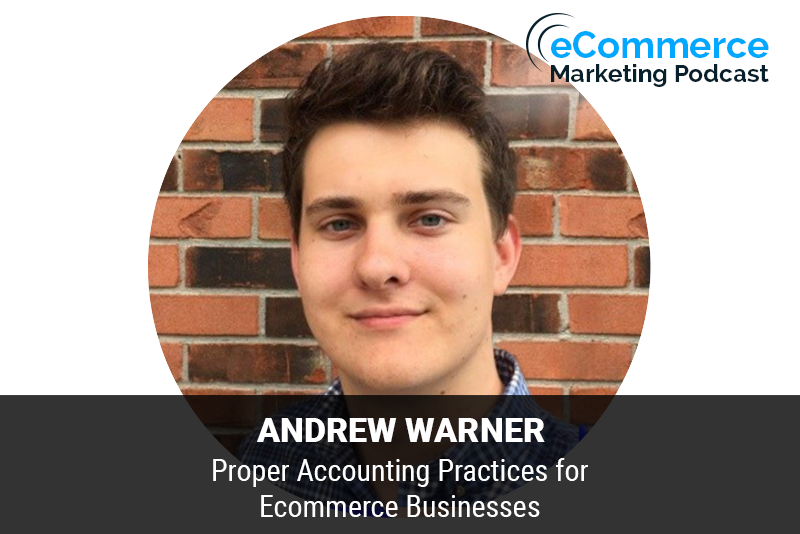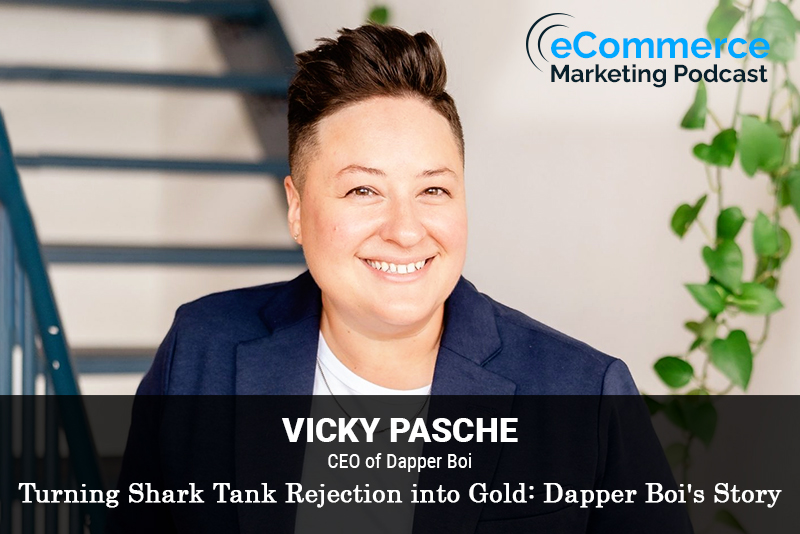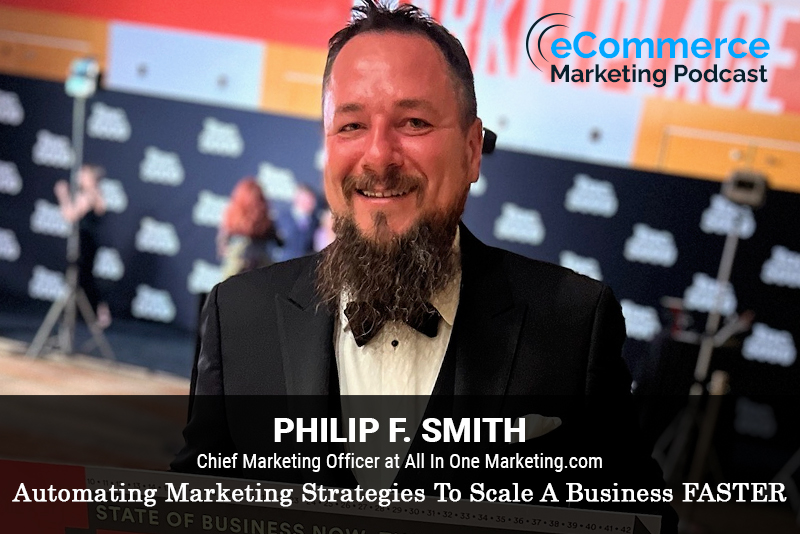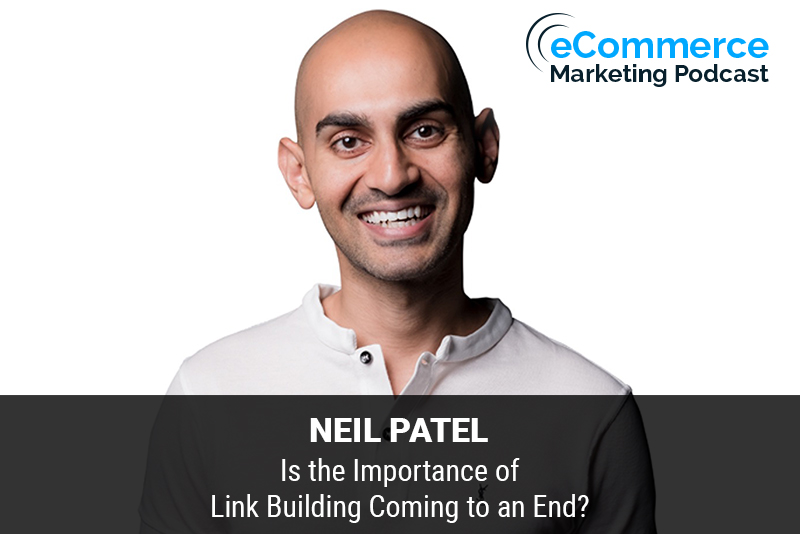
eCommerce Marketing Podcast
The eCommerce Marketing Podcast walks you through everything that goes into ecommerce marketing — from inbound marketing to paid advertising to conversions. Learn the strategies top marketing experts use to grow their businesses.
The Right Accounting Principles to Grow Your eCommerce Business – with Andrew Warner
byArlen Robinson
Marketing Strategies and Topics Covered in this Episode:
- The most important accounting tasks for eCommerce businesses
- The tools/resources needed to accomplish these accounting tasks
- The challenges and success factors of eCommerce development in our current third millennium era
- Businesses that have done a great job managing their accounting tasks for eCommerce and the specific things have they done

In this episode of the eCommerce Marketing Podcast, host Arlen Robinson interviews Andrew Warner, a virtual CFO specializing in marketing agencies and e-commerce stores. Andrew combines his expertise in finance and marketing to help businesses better manage their finances while leveraging marketing best practices.
Key Takeaways:
- Introduction to Andrew Warner (00:01:46)
- Andrew’s background as a CPA and his transition to digital marketing.
- Combining financial expertise with marketing strategies for e-commerce businesses.
- Importance of Financial Management in E-commerce (00:02:38)
- The necessity of sound financial practices to support marketing efforts.
- The impact of not having finances in order on business growth.
- Many businesses find that engaging a financial advisor can bridge the gap in their financial expertise.
- Main Financial Tasks for E-commerce (00:05:08)
- Moving beyond traditional bookkeeping to focus on forecasting and budgeting.
- Importance of understanding inventory management and cash flow for e-commerce success.
- Forecasting and Budgeting (00:06:32)
- Setting realistic traffic, conversion, and revenue goals.
- Running scenario planning to align profitability, cash flow, and inventory levels.
- Tools and Resources for Financial Management (00:11:32)
- Using QuickBooks, Zero, upstore.cloud, and Excel for basic tracking.
- Implementing advanced solutions like custom SQL databases and data visualization for comprehensive financial planning.
- Integrating Marketing Analytics with Financial Data (00:14:01)
- Utilizing tools like Zapier to integrate various software solutions.
- The importance of consolidating marketing and financial data for better decision-making.
- Challenges and Success Factors in E-commerce (00:16:40)
- The significance of feedback loops and real-time data analysis.
- Developing systems to respond effectively to changes in key metrics.
- Case Study: Bridgewater Associates (00:20:26)
- How Ray Dalio’s principles at Bridgewater exemplify the integration of data-driven decision-making and financial planning.
- The importance of converting accounting data into actionable insights.
Bullet Points of Key Takeaways with Timestamps:
- [00:01:46] Introduction to Andrew Warner and his background in finance and digital marketing.
- [00:02:38] Importance of financial management in supporting e-commerce marketing efforts.
- [00:05:08] Key financial tasks: forecasting, budgeting, and inventory management.
- [00:06:32] Setting traffic, conversion, and revenue goals; running scenario planning.
- [00:11:32] Recommended tools: QuickBooks, Zero, Excel, and custom SQL databases.
- [00:14:01] Integrating marketing and financial data using tools like Zapier.
- [00:16:40] Implementing feedback loops and real-time data analysis for better decision-making.
- [00:20:26] Case study on Bridgewater Associates: data-driven decision-making and financial planning.
Guest Information:
Andrew Warner
- Founder of Marketing CFO
- Website: Marketing CFO











